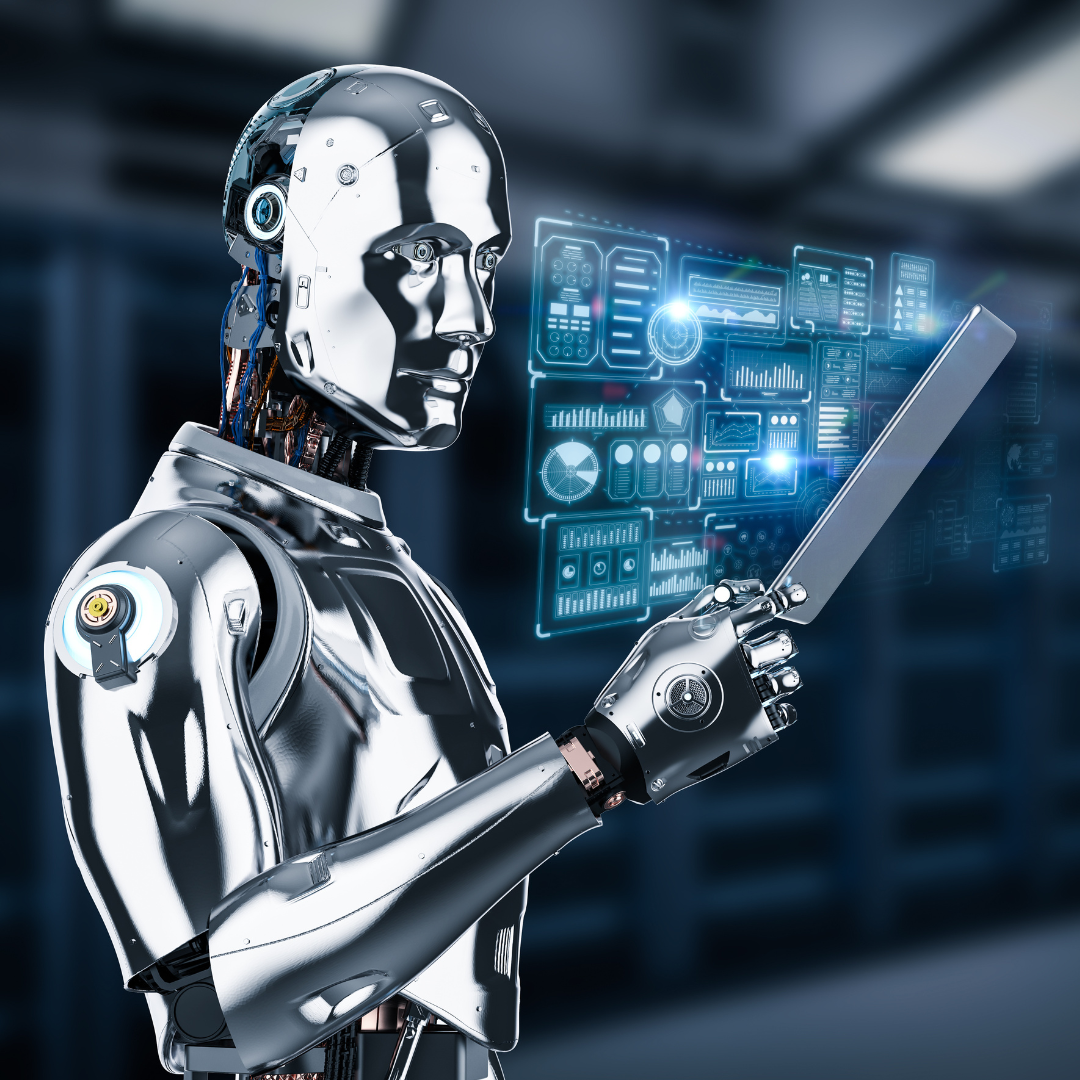
Introduction
Welcome to the future of business operations! In this article, we’ll explore the growing trend of AI automation and its transformative impact on streamlining operations for businesses. From reducing manual tasks to boosting efficiency, let’s dive into the world of AI-powered automation.
What is AI Automation?
Let’s start with the basics. What exactly do we mean by AI automation? Essentially, it’s like having a team of tireless robots working behind the scenes to take care of repetitive tasks. From data entry to customer service, AI automation uses advanced algorithms to streamline operations and free up human resources for more strategic endeavors.
Why Adopt AI Automation for Business Operations?
Now, you might be wondering—why jump on the AI automation bandwagon? Well, my friend, the benefits are endless. By automating repetitive tasks, businesses can save time, cut costs, and improve overall efficiency. Plus, with AI’s ability to analyze data and learn from patterns, automation becomes smarter and more effective over time.
How AI Automation Streamlines Operations
Picture this: You’re a business owner drowning in a sea of paperwork and administrative tasks. Instead of pulling your hair out in frustration, you turn to AI automation. In a blink of an eye, AI algorithms take over mundane tasks like data entry and invoice processing, leaving you with more time to focus on strategic decision-making and innovation.
The Impact of AI Automation on Businesses
So, what’s the bottom line? How does AI automation actually impact businesses? Well, for starters, it’s a game-changer. By streamlining operations and improving efficiency, businesses can increase productivity, reduce errors, and deliver better results for customers. Plus, with fewer manual tasks bogging them down, employees can focus on higher-value activities that drive growth and innovation.
The Future of AI Automation
Ah, the crystal ball moment. What does the future hold for AI automation? Well, if the past is any indication, it’s bound to be exciting. From even smarter algorithms to new applications in industries like healthcare and finance, the possibilities are endless. So buckle up and get ready for a future where AI automation reigns supreme.
Conclusion
In conclusion, the rise of AI automation is revolutionizing the way businesses operate. By streamlining operations and boosting efficiency, AI automation is paving the way for a future where businesses can work smarter, not harder. So whether you’re a small startup or a global corporation, it’s time to embrace the power of AI automation and take your operations to the next level.
FAQs:
- How does AI automation differ from traditional automation methods? AI automation differs from traditional automation methods in its ability to adapt and learn from data. Traditional automation typically involves rule-based processes that follow predefined instructions, while AI automation uses advanced algorithms to analyze data and make decisions autonomously.
- Can AI automation be applied to all types of businesses? Yes, AI automation can be applied to a wide range of businesses across various industries. Whether you’re in manufacturing, finance, healthcare, or retail, AI automation can streamline operations and improve efficiency.
- What are some common challenges associated with implementing AI automation? Some common challenges include the initial cost of implementation, data privacy concerns, and resistance from employees who fear job displacement. Additionally, ensuring the accuracy and reliability of AI algorithms can be a challenge.
- How can businesses ensure the security of their data when using AI automation? Businesses can ensure the security of their data by implementing robust cybersecurity measures, encrypting sensitive information, and restricting access to authorized personnel only. It’s also essential to stay updated on the latest security protocols and technologies.
- Will AI automation replace human workers? While AI automation may automate certain tasks traditionally performed by humans, it’s unlikely to replace human workers entirely. Instead, AI automation is more likely to augment human capabilities, freeing up employees to focus on higher-value tasks that require creativity, critical thinking, and emotional intelligence.



